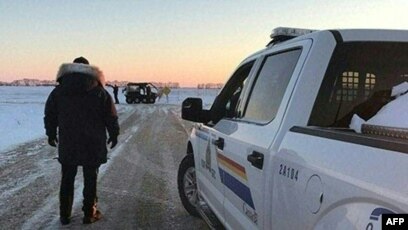
Canada and the United States have announced a joint agreement to trace guns intercepted at the border, in an effort to tackle the smuggling of handguns from the United States into Canada. The deal was signed by Canada’s Public Safety Minister Marco Mendicino and U.S. Secretary of Homeland Security Alejandro Mayorkas, along with two other agreements aimed at addressing cross-border crime. One of the agreements will involve the cooperation of Canada’s Border Services Agency (CBSA) with the U.S. Bureau of Alcohol, Tobacco, Firearms and Explosives (ATF) to trace guns seized at the border to see who purchased them and whether they were previously used in crimes.
According to government sources, 1,101 firearms were seized at the border last year, which is broadly in line with 2021. Previously, gun tracing in Canada has been inconsistent, with only 6-10% of guns involved in crimes traced, according to 2019 data from the Royal Canadian Mounted Police (RCMP), a federal agency. However, Ontario, Canada’s most populous province, traces nearly all the handguns involved in crimes, and in 2021, more than 80% of those that were able to be traced were found to have come from the United States.
The United States traces guns by requiring firearm dealers to record the serial numbers of the guns they sell and who purchased them. Tracing provides key intelligence to the ATF, which can then investigate and prosecute buyers of firearms that are subsequently sold illegally or smuggled. U.S. Attorney General Merrick Garland, who was also present, said that “data and information sharing are powerful tools in the fight against gun violence.»
The four agreements signed at the Cross Border Crime Forum also addressed other issues such as human smuggling, money laundering, the use of cryptocurrency to fund illegal activities, and so-called ghost guns often made with 3D printers. The officials also discussed how to address the crisis in Haiti, and Mayorkas said he is working with Canada to find legal pathways for people fleeing violence in Haiti.